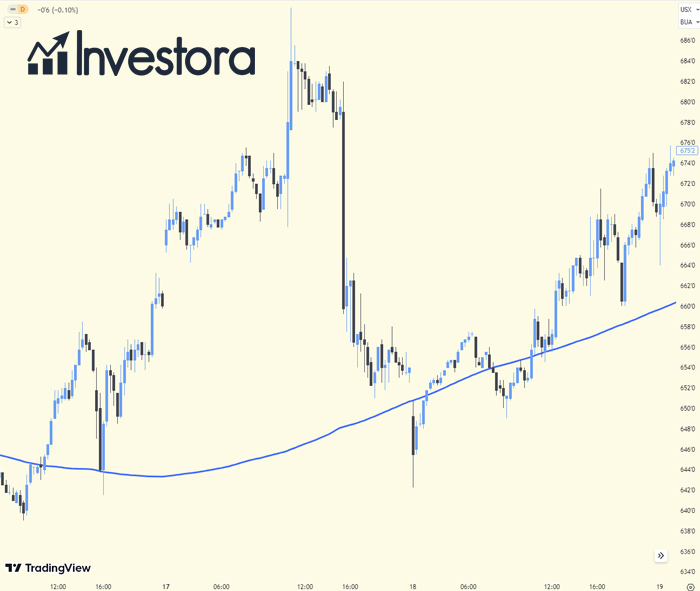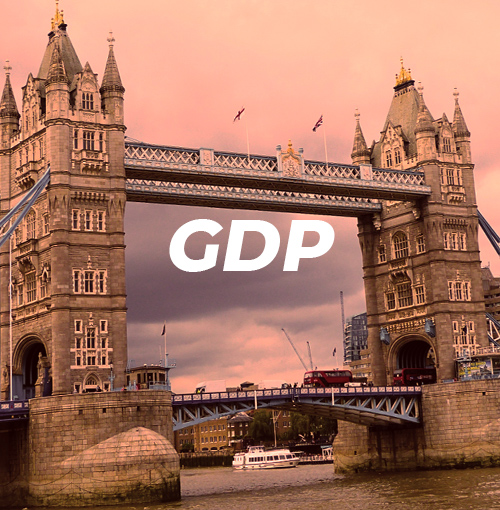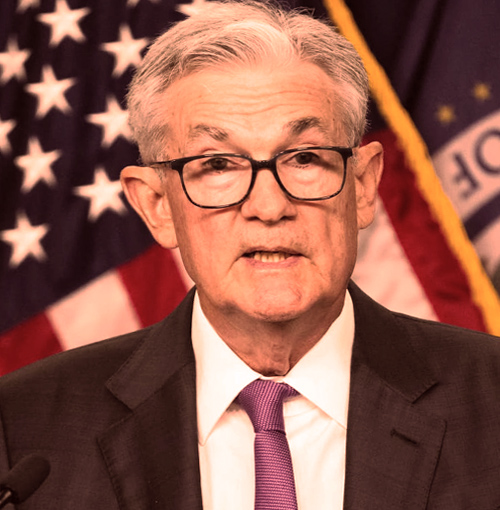
Effect of Russia's Pullout from Ukraine Deal on Wheat Prices
Dive into the intricate world of wheat trading, where geopolitical events shape market dynamics and global food security. Our focus today is the recent shockwave sent through the global grain market due to Russia's unexpected withdrawal from a crucial deal that permitted Ukraine's grain shipments through the Black Sea.
Understand the complexities of this move and how it impacts global economies, wheat futures, and above all, the stability of global food supplies.
The delicate balance of the global wheat market was recently rattled following Russia's sudden decision to exit a UN-mediated agreement, allowing Ukraine to export grain through the Black Sea. This unexpected move not only caused immediate volatility in wheat futures but also raised serious questions about global food supplies, particularly in economically weaker nations that depend heavily on Ukrainian grain.
Remember: The world wheat market is influenced by a combination of factors including geopolitical tensions, trade agreements, supply-demand dynamics, and more.
In July 2022, in the wake of Russia's invasion of Ukraine, a deal was carefully brokered with the backing of the UN and Turkey's President Recep Tayyip Erdogan. This deal aimed to ensure that Ukraine, one of the world's leading wheat suppliers, could continue to export its grain through the Black Sea ports. However, just hours before the agreement was set to expire this year, Russia announced its withdrawal, causing upheaval in the global wheat trade.
According to a statement from the Russian Foreign Ministry, Russia's decision was rooted in its view that the UN had failed to meet its obligations under the Black Sea Grain Initiative. The statement indicated that Russia would be open to renegotiating the deal only if it saw substantial progress in the initiative's implementation.
This move by Russia has sent shockwaves well beyond its immediate geographical vicinity. The European Union, for instance, quickly expressed its condemnation, with Ursula von der Leyen, the European Commission President, describing Russia's move as \"cynical\" on Twitter. She further added that the EU was taking steps to ensure food security for the world's most vulnerable populations, signifying the broader impact of this geopolitical decision.

The news of Russia's decision had an instant impact on wheat prices, which spiked by 3.5% initially, only to drop later during the session. Investors and traders kept a close watch on these fluctuations, trying to ascertain their short and long-term impacts on wheat futures.
Interesting Fact: Ukraine is one of the world's largest suppliers of wheat. Its role is so significant that changes in its export capability can impact global wheat prices.
The international wheat trading ecosystem is a labyrinth of economic forces, geopolitical tensions, and supply-demand dynamics, as seen in the recent market turbulence following Russia's withdrawal from the Ukraine grain shipment deal. This deal, which was the lifeline for Ukraine's grain exports through the Black Sea, was abruptly severed by Russia. The move triggered a domino effect, with immediate ramifications on wheat futures and far-reaching implications for global food security.
The recent incident has shed light on the essential role of trade agreements in global grain trade. Russia's pull-out from the Black Sea Grain Initiative highlights the delicate balance that countries and global institutions must maintain to secure these agreements and the high stakes involved when such agreements fall through.
Interesting Fact: The Black Sea region is a major hub for global grain trade. Any disruption here has widespread effects on the supply of grain across the globe.
While the initial response was a sharp rise in wheat prices, it was followed by a retreat. Such price volatility is a testament to the ripple effect that geopolitics can have on global commodity markets. For traders and investors, the abrupt market swings emphasized the need to account for geopolitical risks in their market strategies.
The implications of this move extend far beyond immediate price fluctuations. It draws attention to a significant issue that goes beyond economic factors — food security. Given that a substantial portion of grain supplies to poorer nations comes from Ukraine, Russia's decision has sparked concerns about potential food shortages and price hikes, affecting the most vulnerable sections of the world population.
Frequently Asked Questions (FAQs):
Why do wheat prices fluctuate in response to such news?
Wheat prices, like other commodities, are affected by supply and demand dynamics. News of a potential supply disruption due to geopolitical issues can create uncertainty in the market, causing prices to fluctuate.
How can traders adapt to such geopolitical developments?
In the face of such developments, traders need to stay updated on global news, understand the potential implications of such events on their trading assets, and be ready to adapt their strategies accordingly.
What does the fluctuation in wheat prices mean for traders and investors?
These fluctuations can mean increased risk as well as potential profit opportunities. When prices are high, traders who had bet on rising prices could stand to gain. However, those reliant on wheat could face increased costs.
How does this news factor into trading decisions?
This news can significantly influence trading decisions, given its impact on wheat prices. Traders could consider diversifying their portfolios or look for alternative investment avenues to mitigate risks associated with such geopolitical uncertainties.
Important: The impact of geopolitical tensions on global commodity markets should not be underestimated. The abrupt swings in the wheat market underscore the importance of accounting for geopolitical risks in market strategies.
- Share this article





